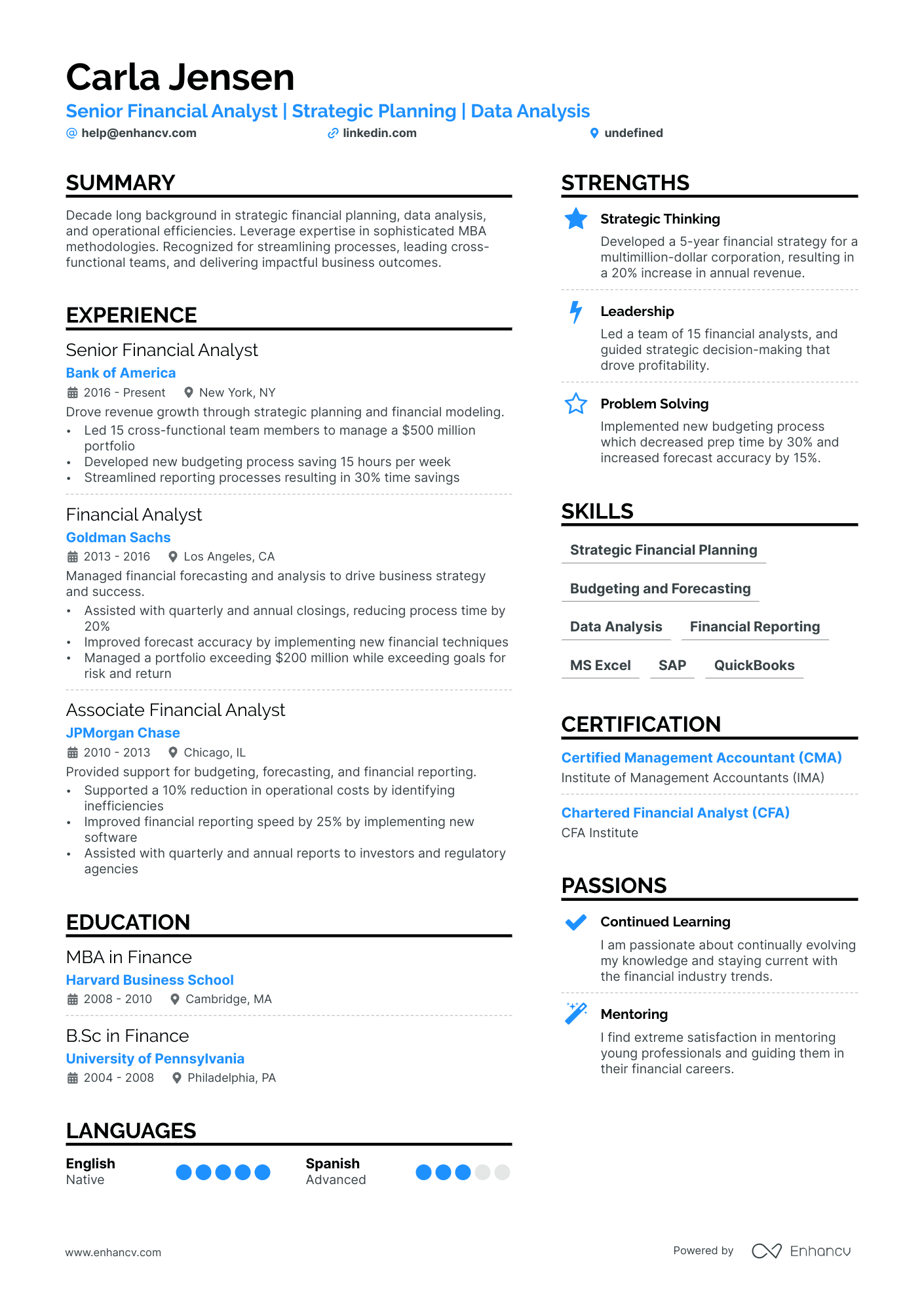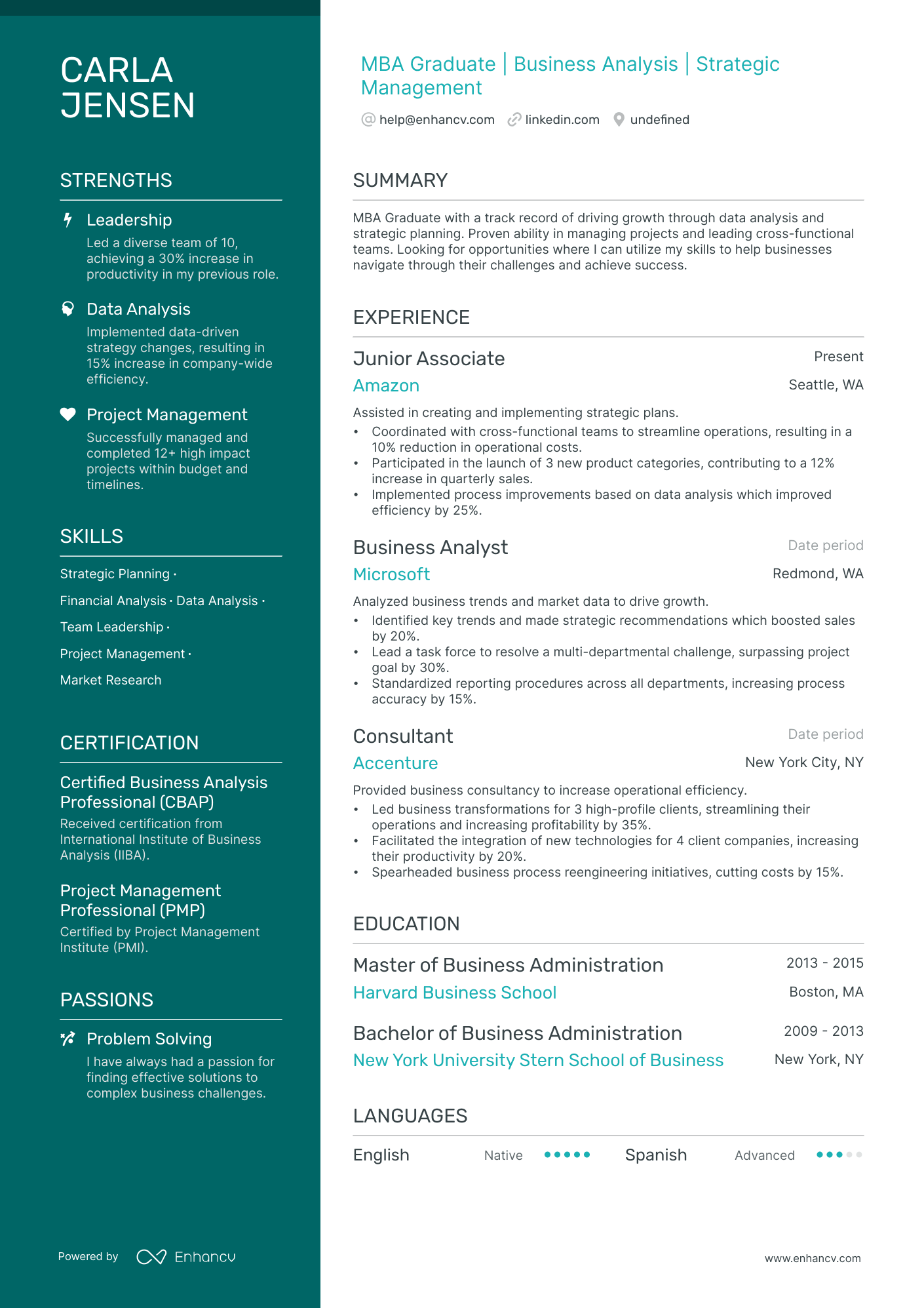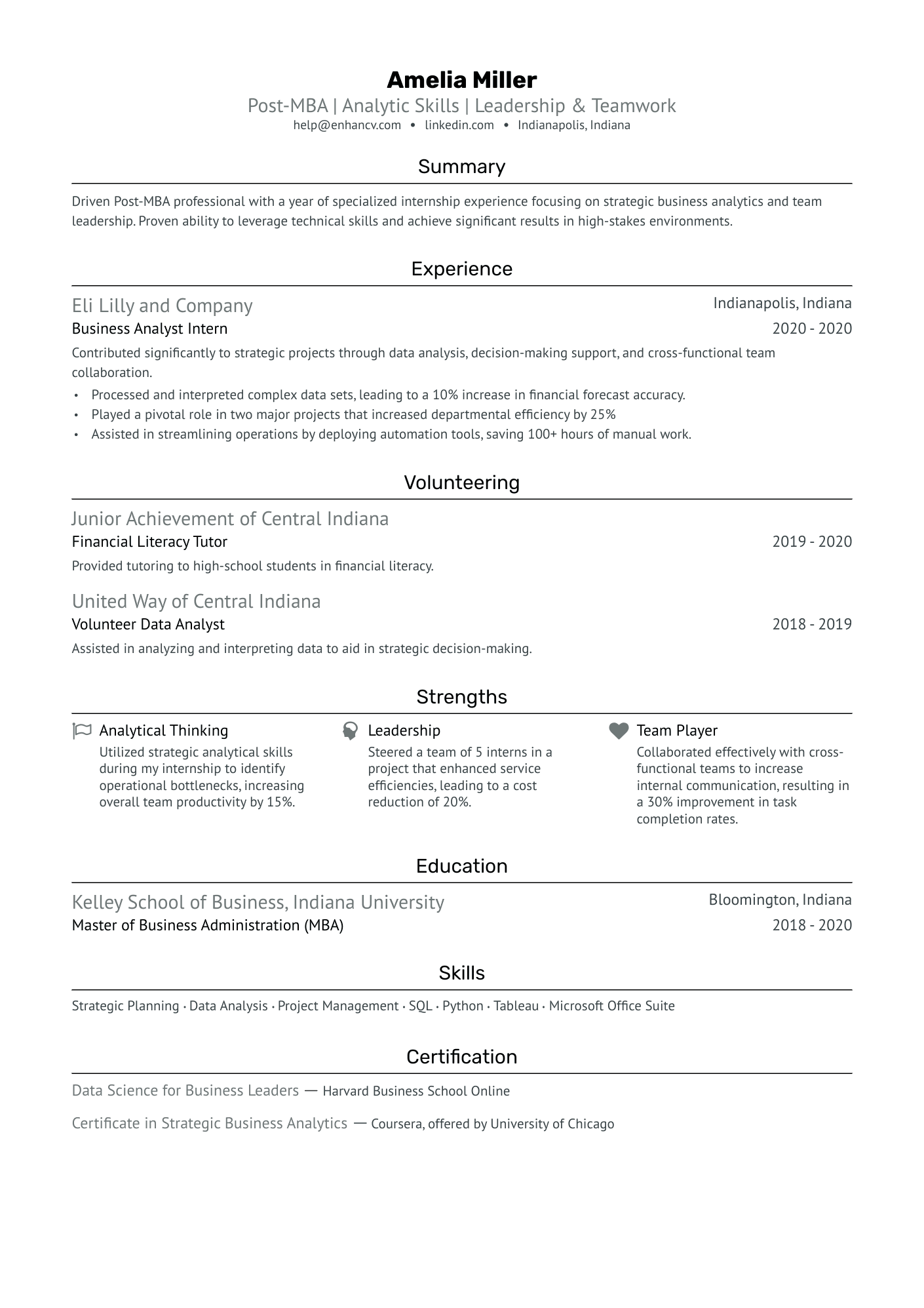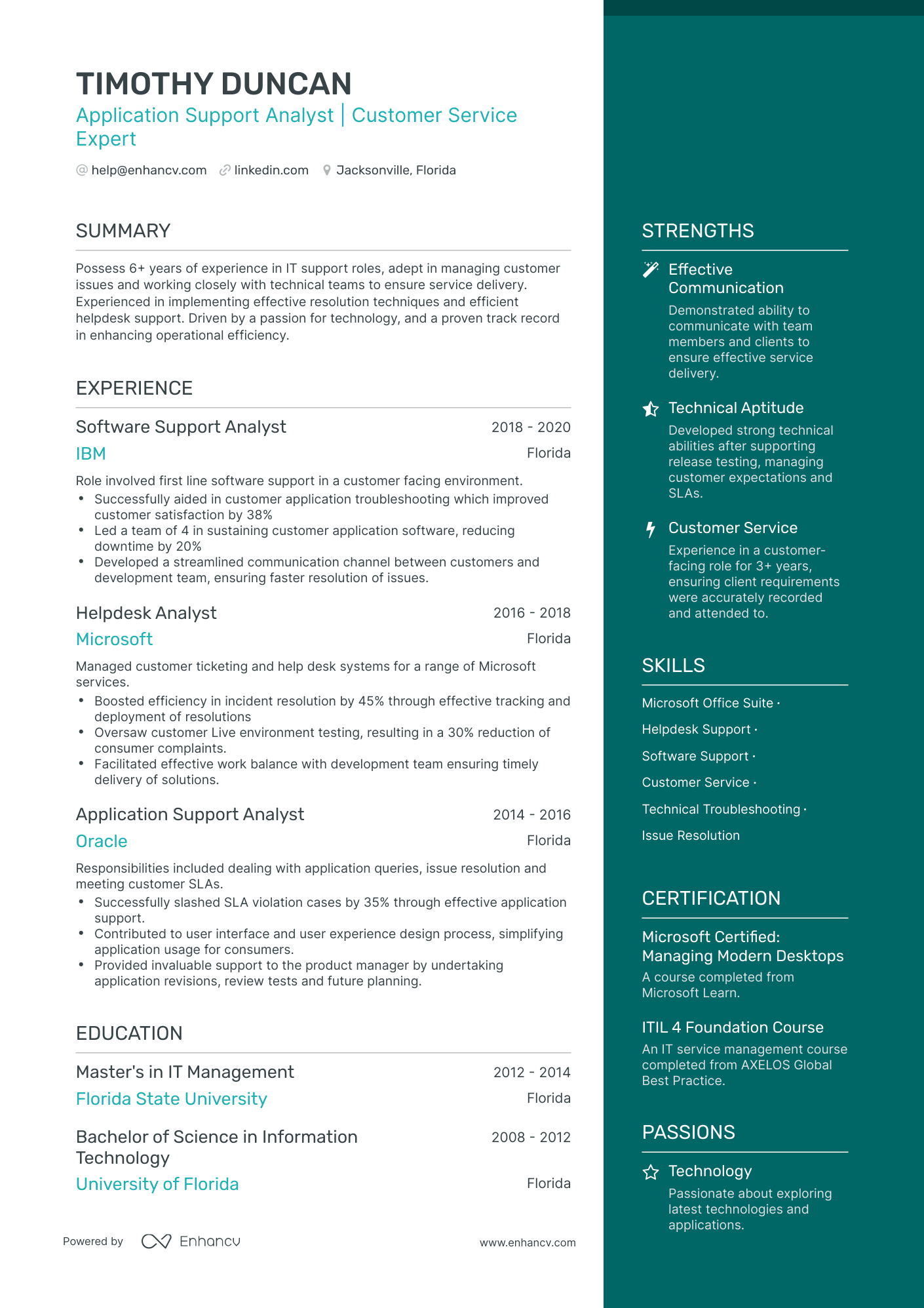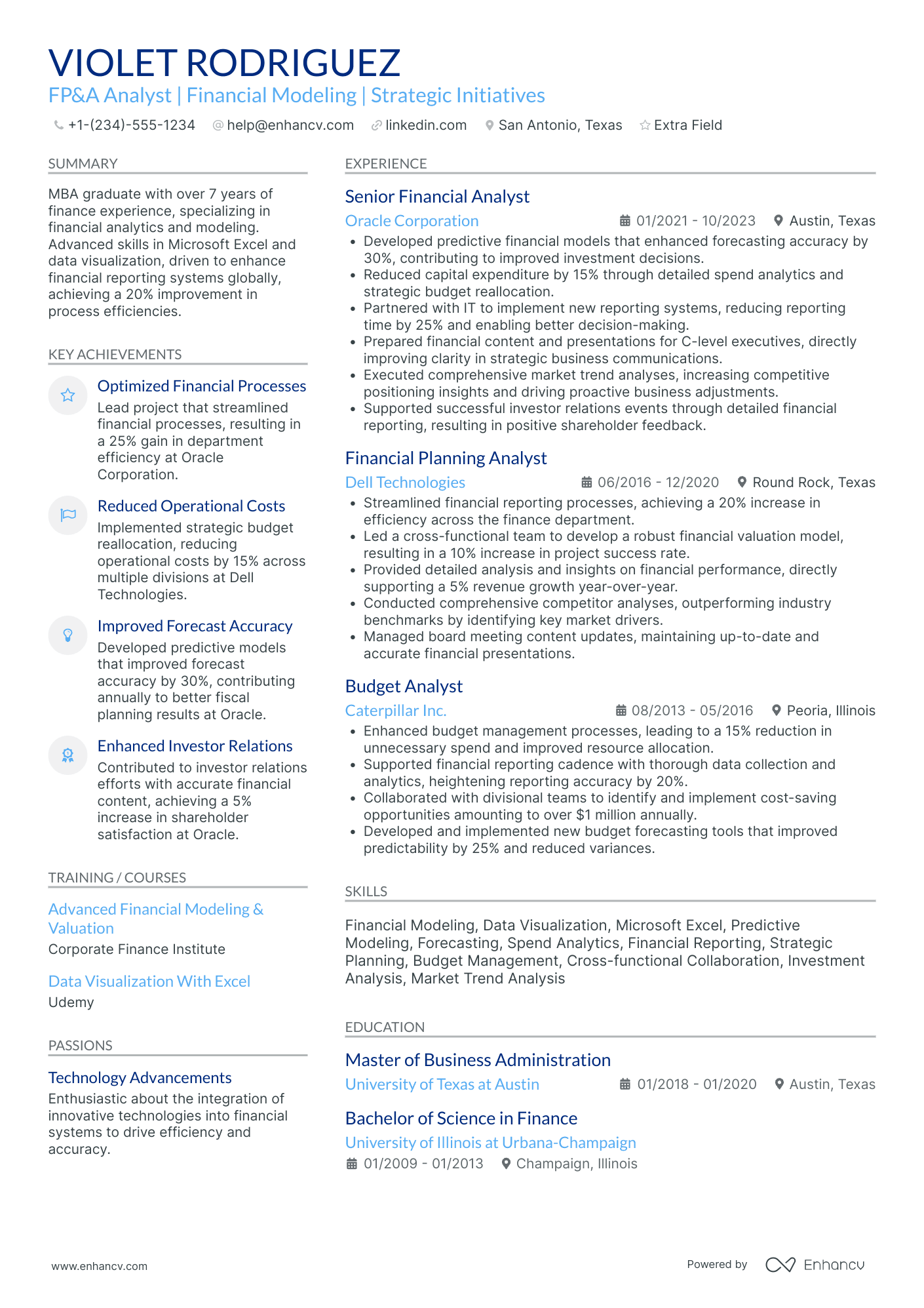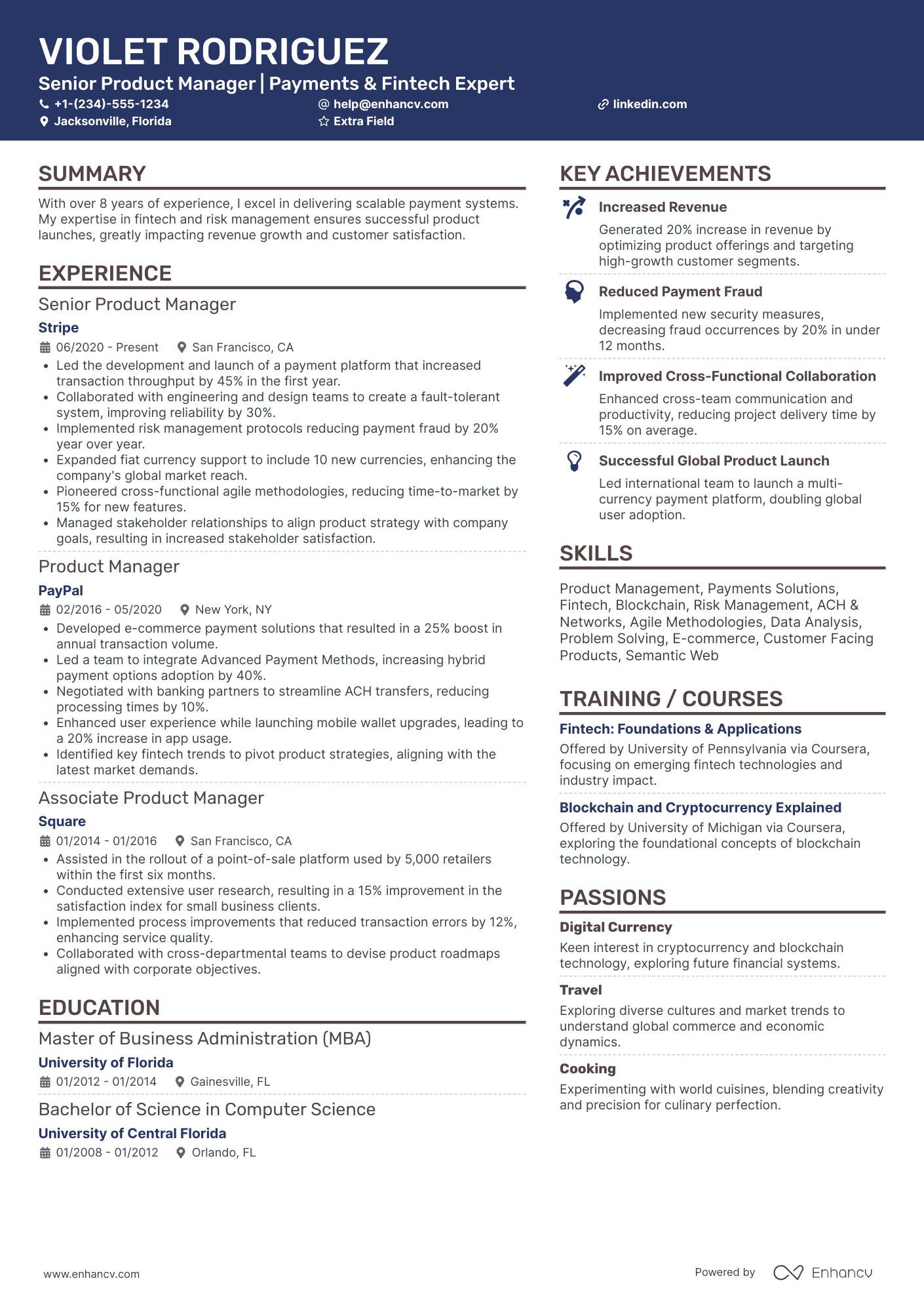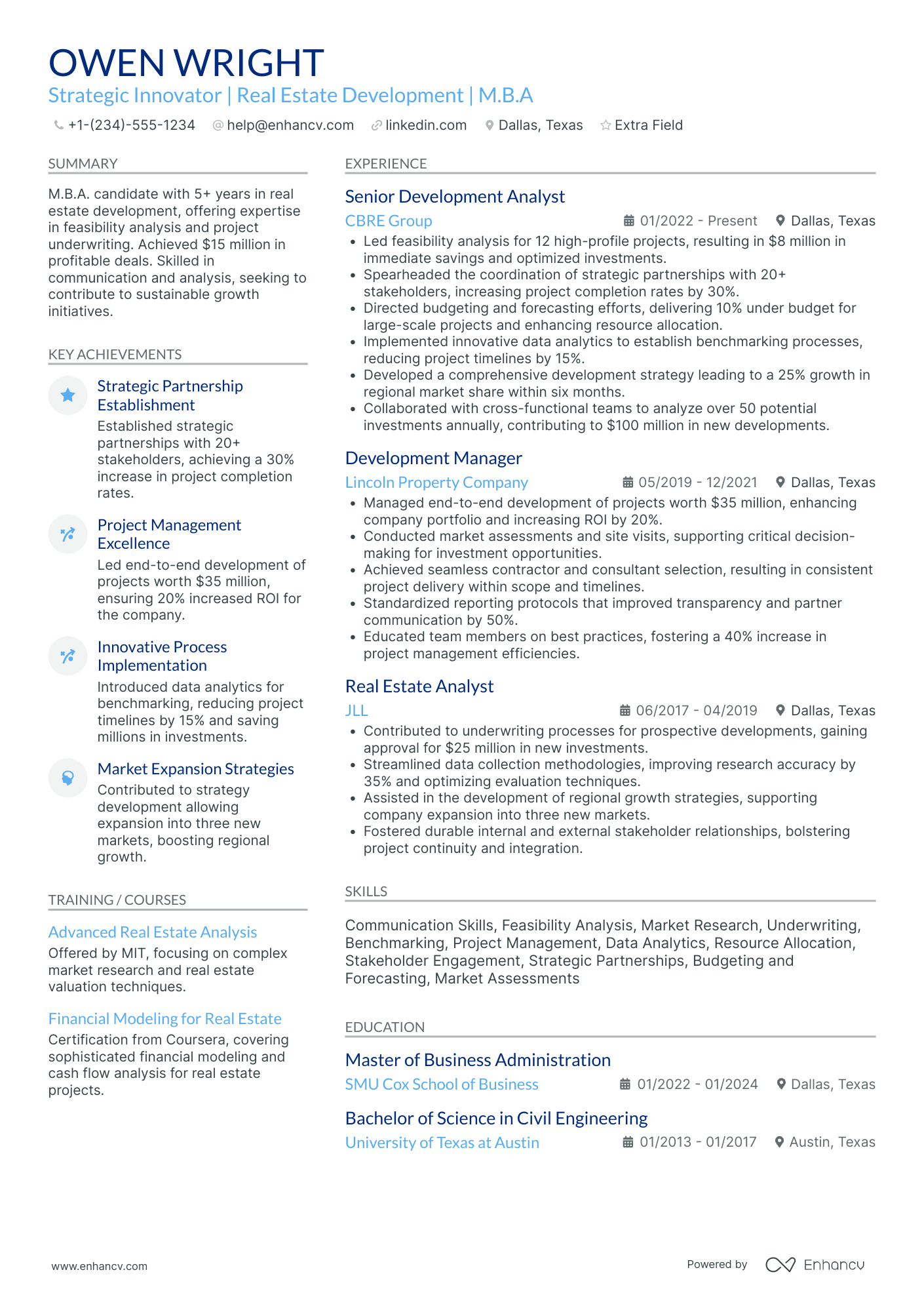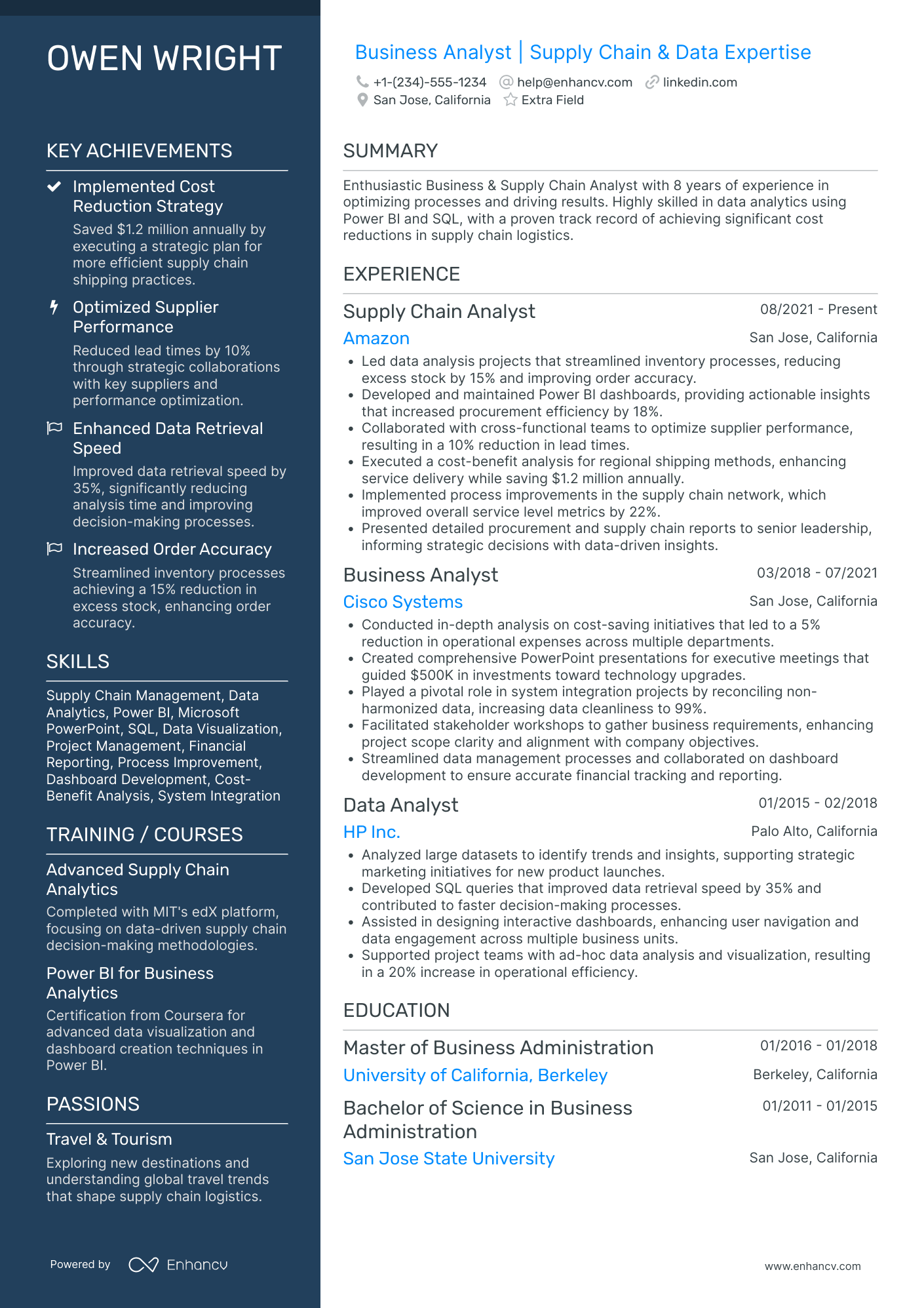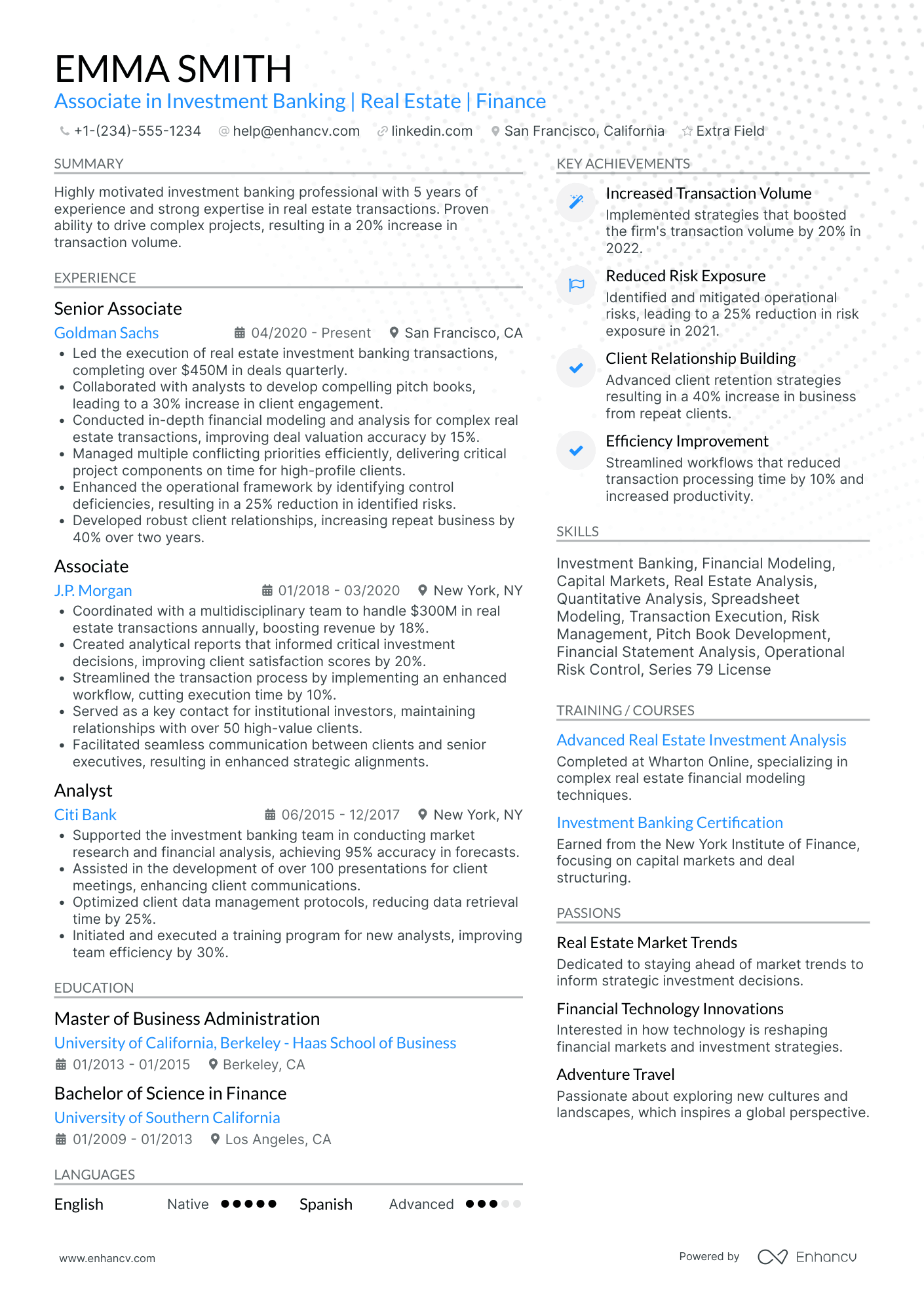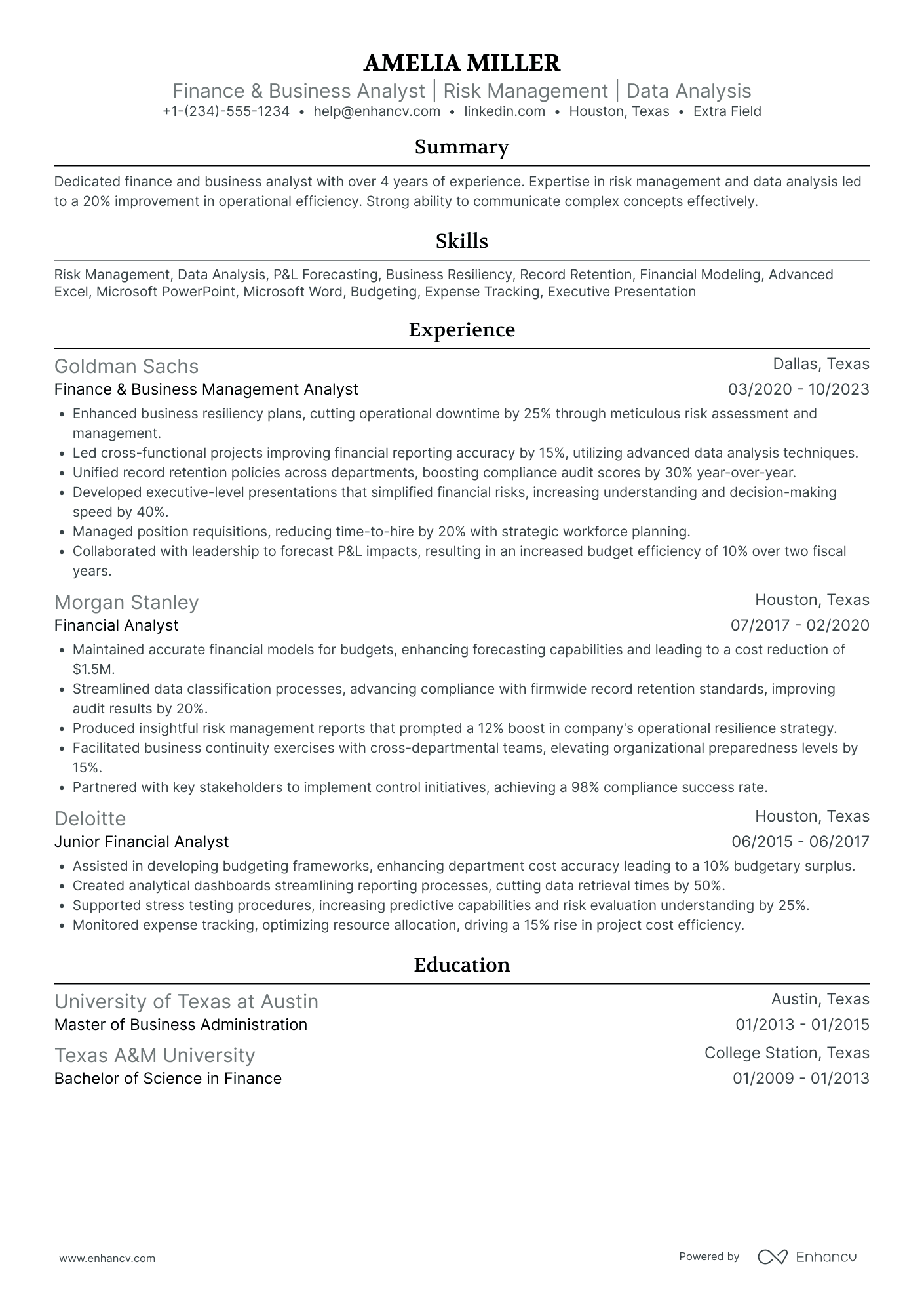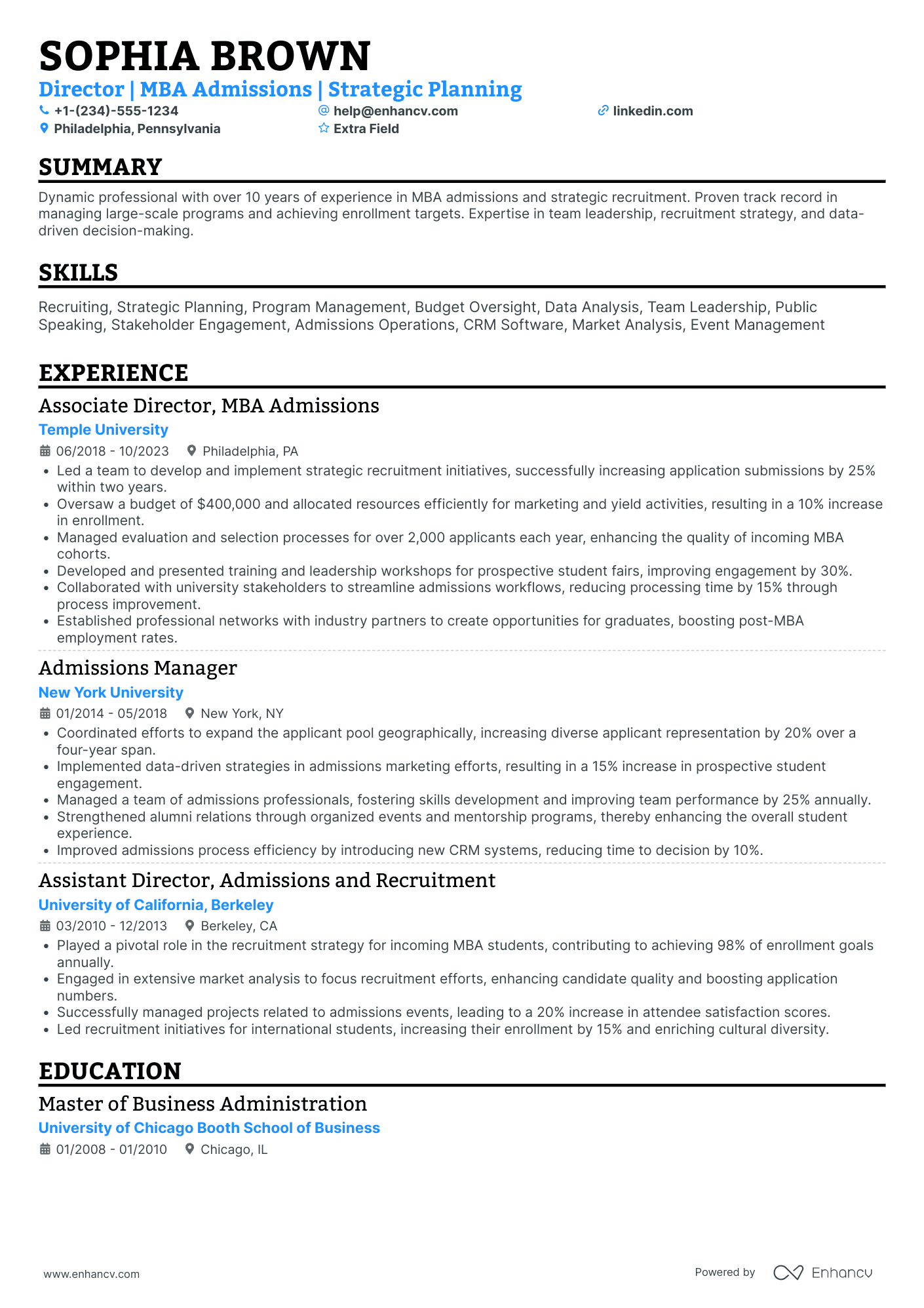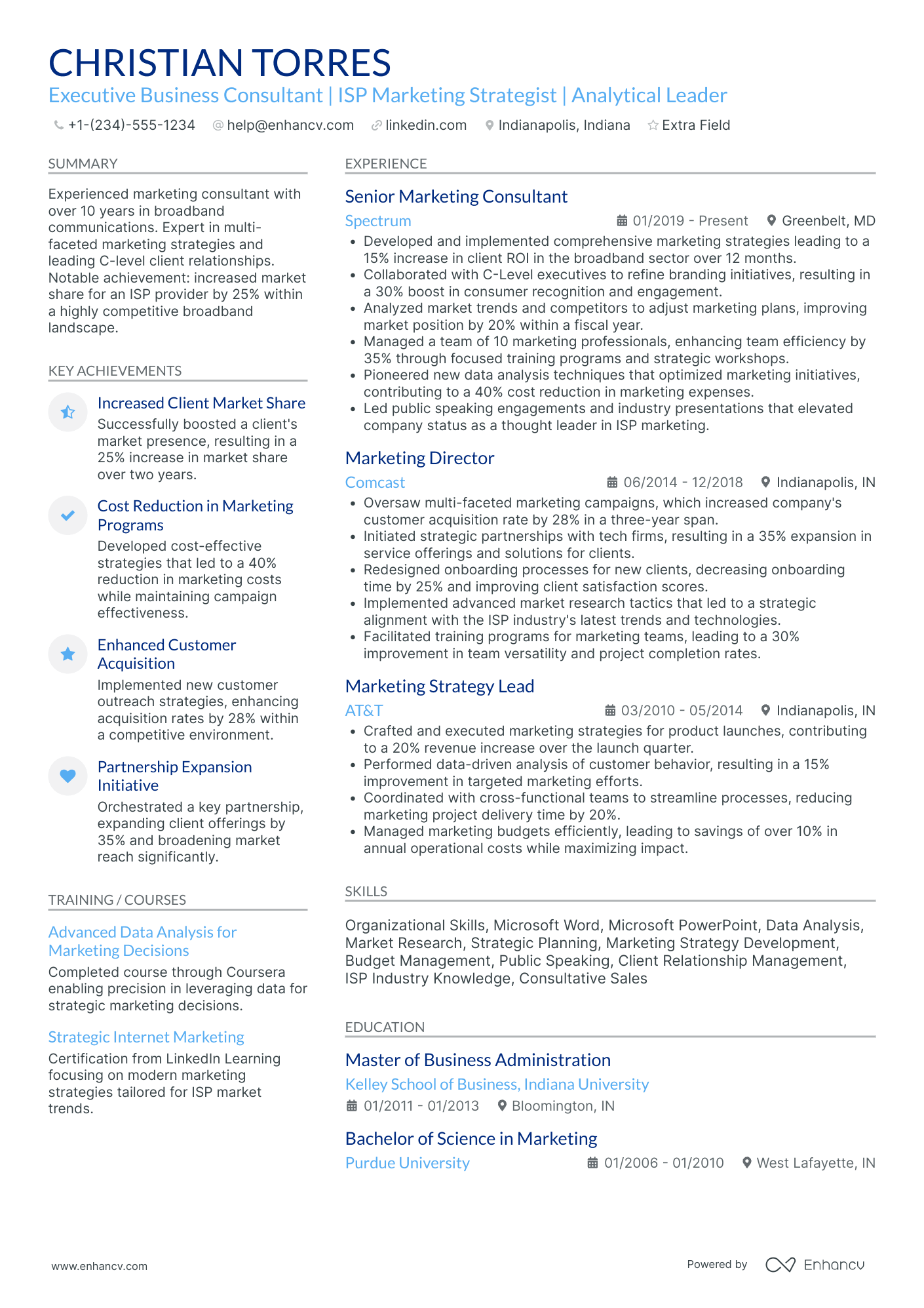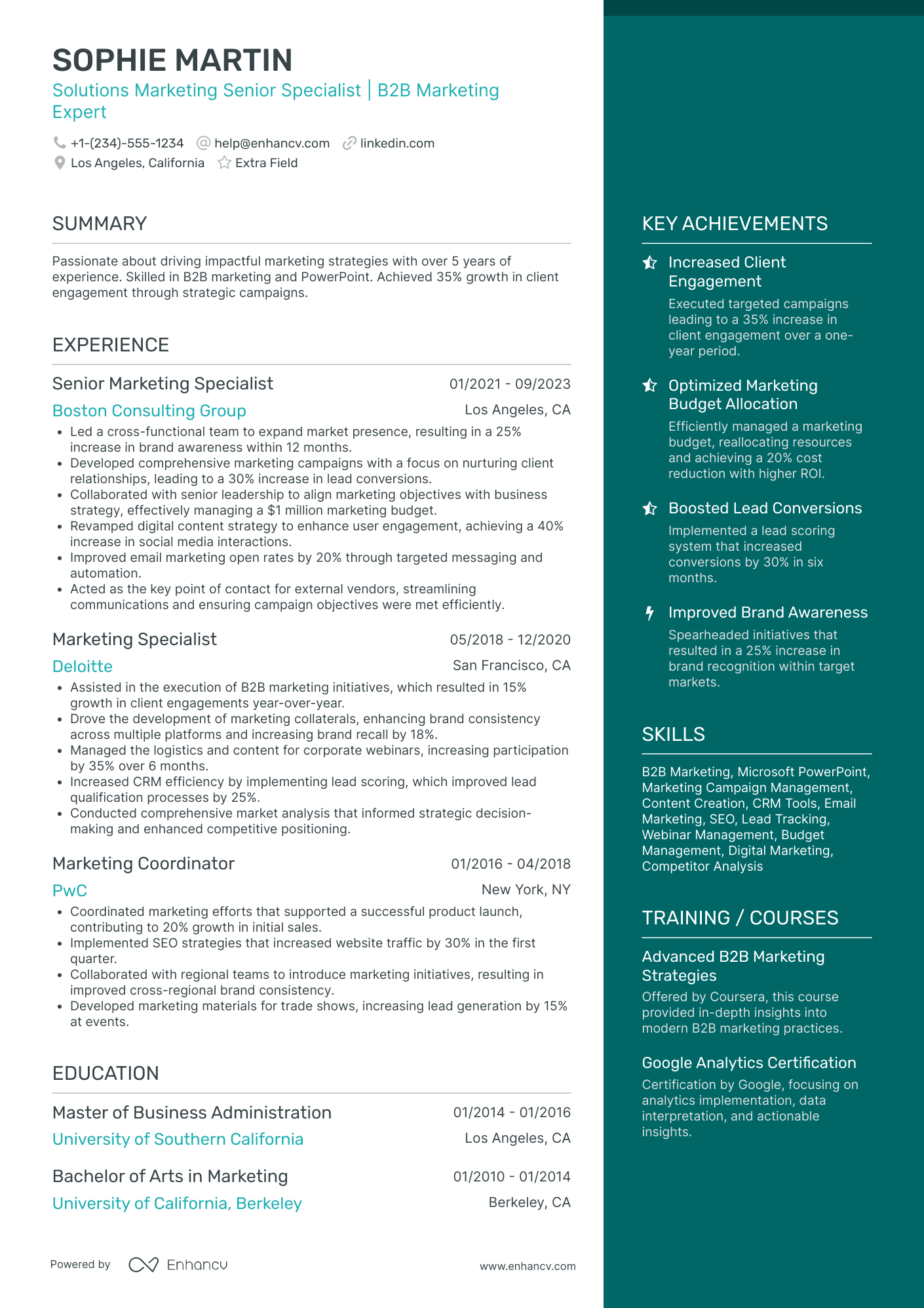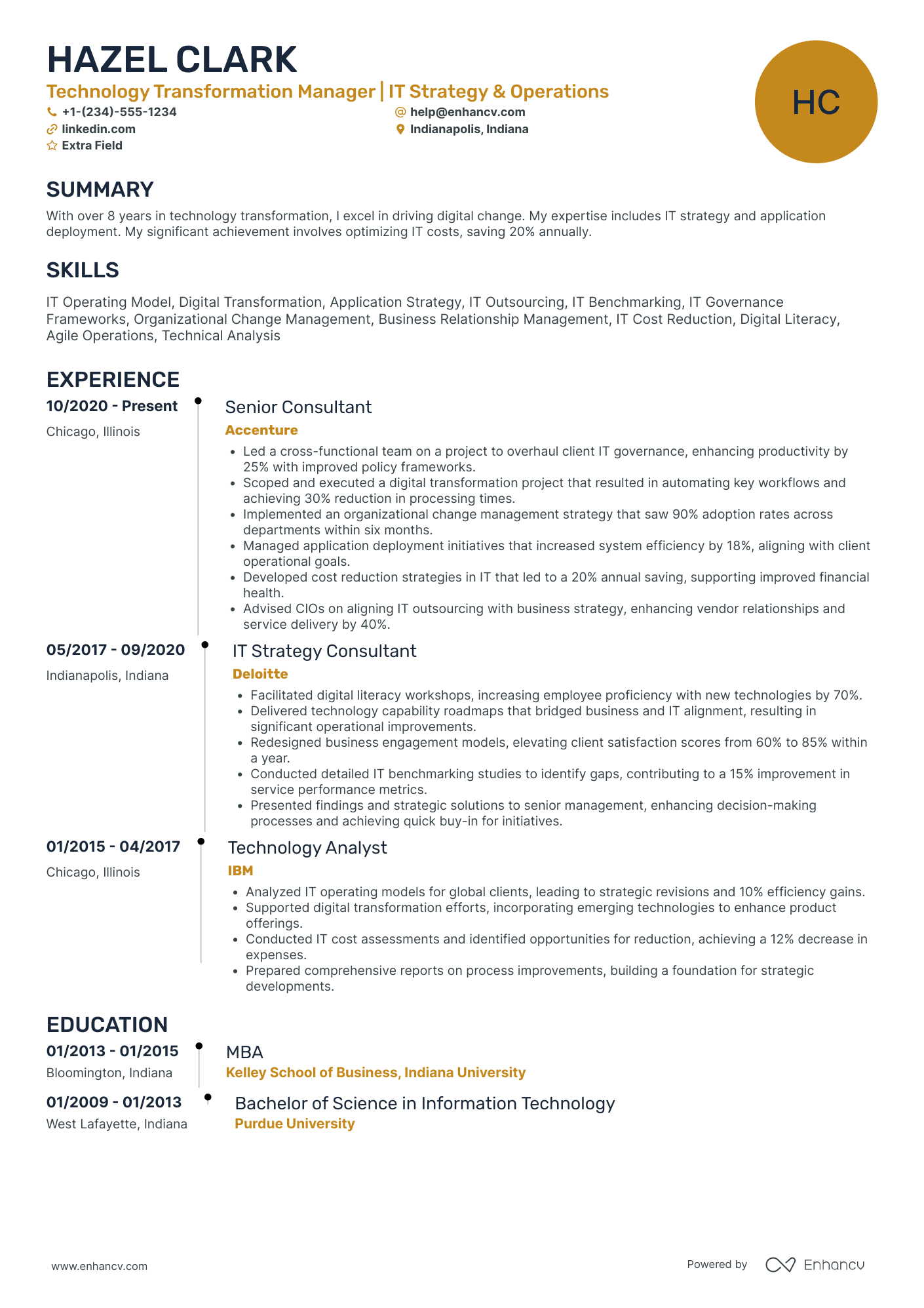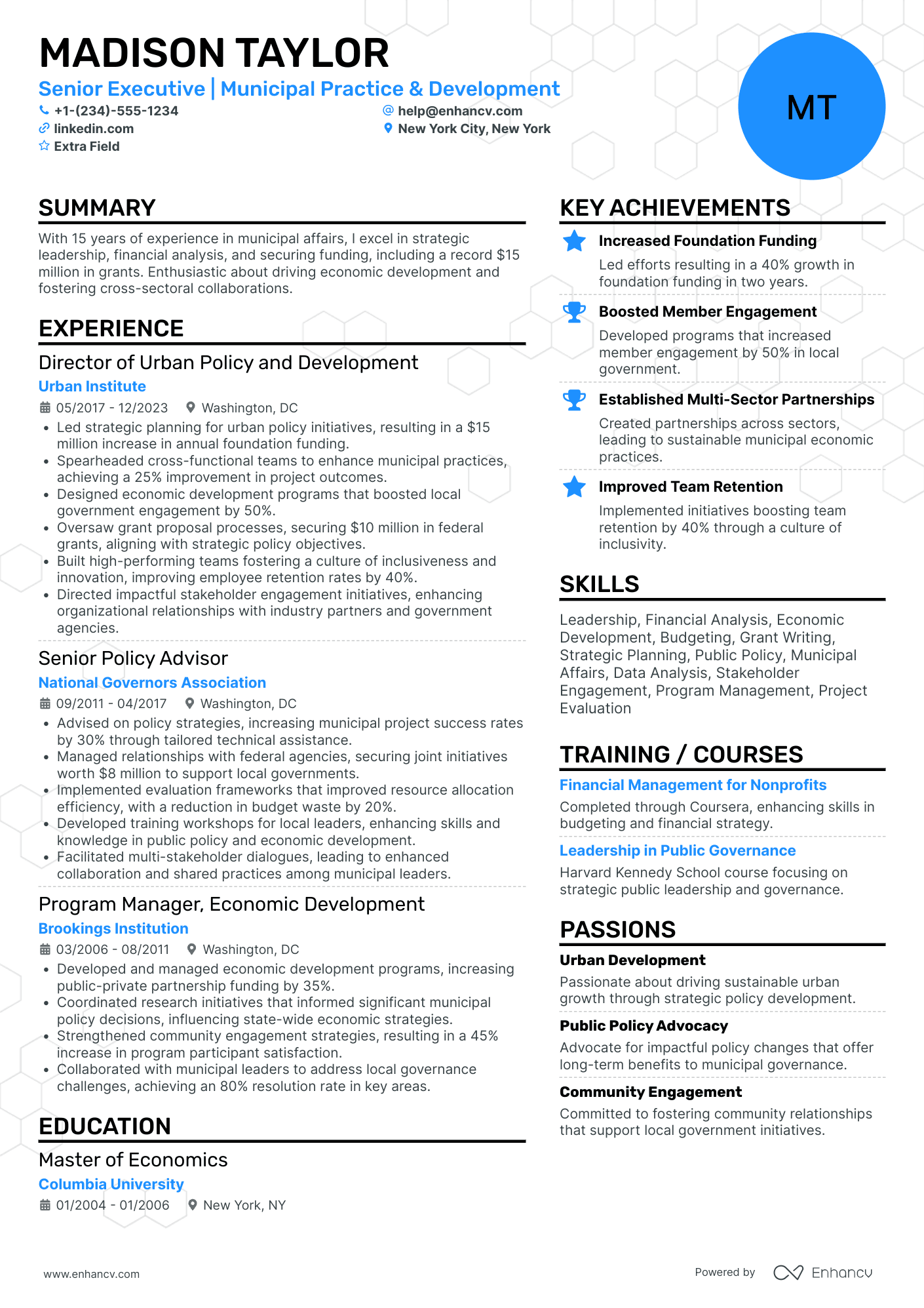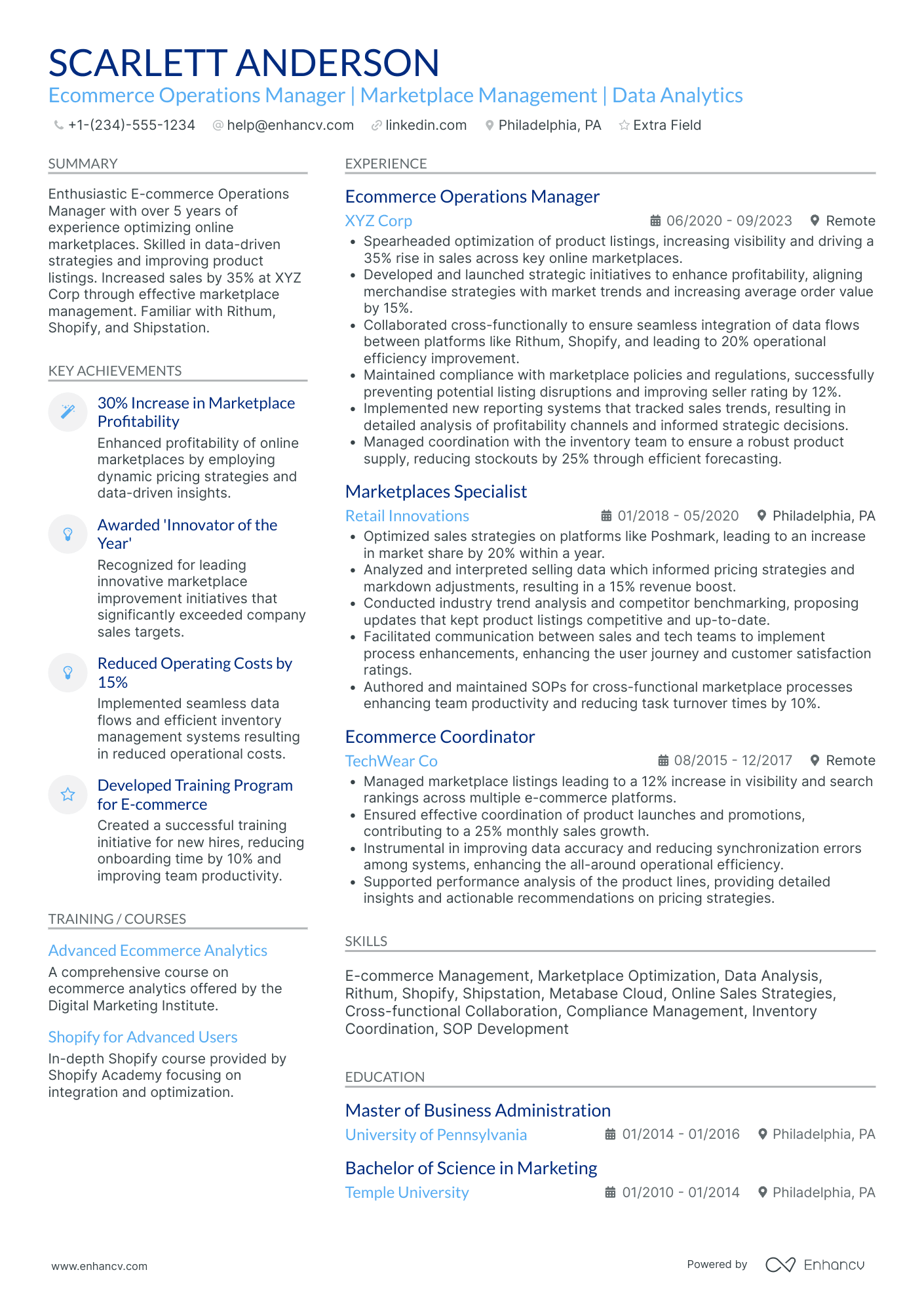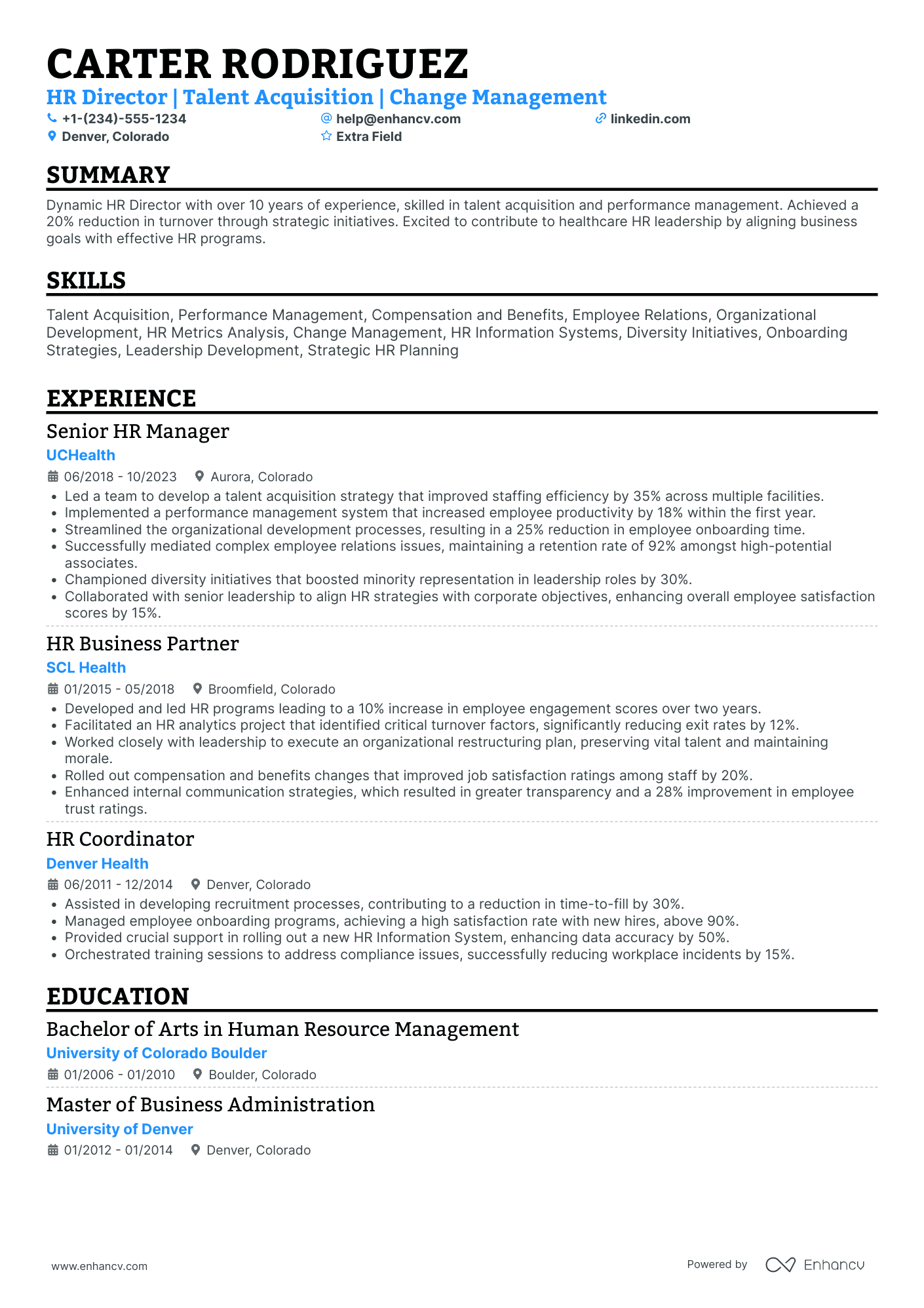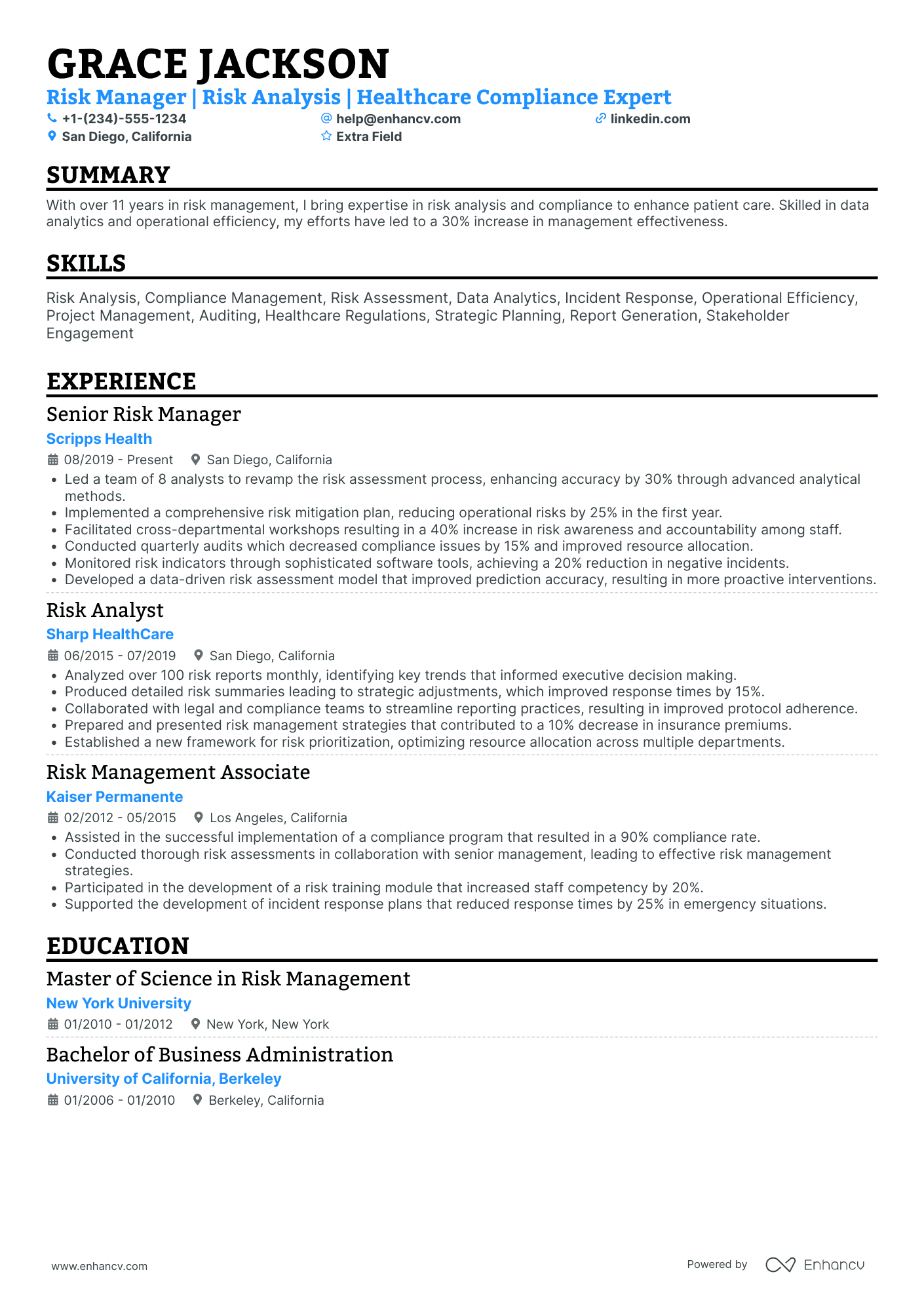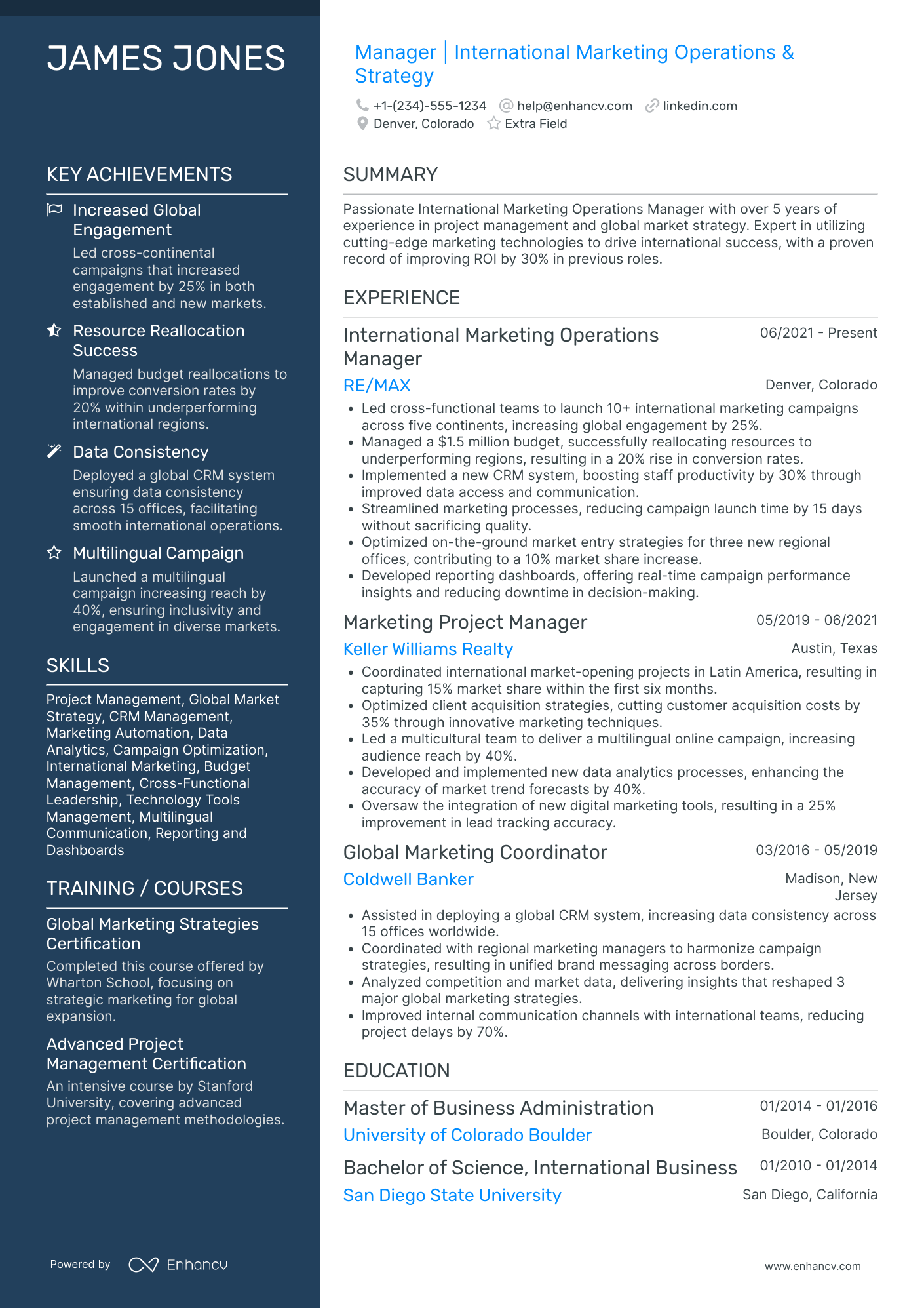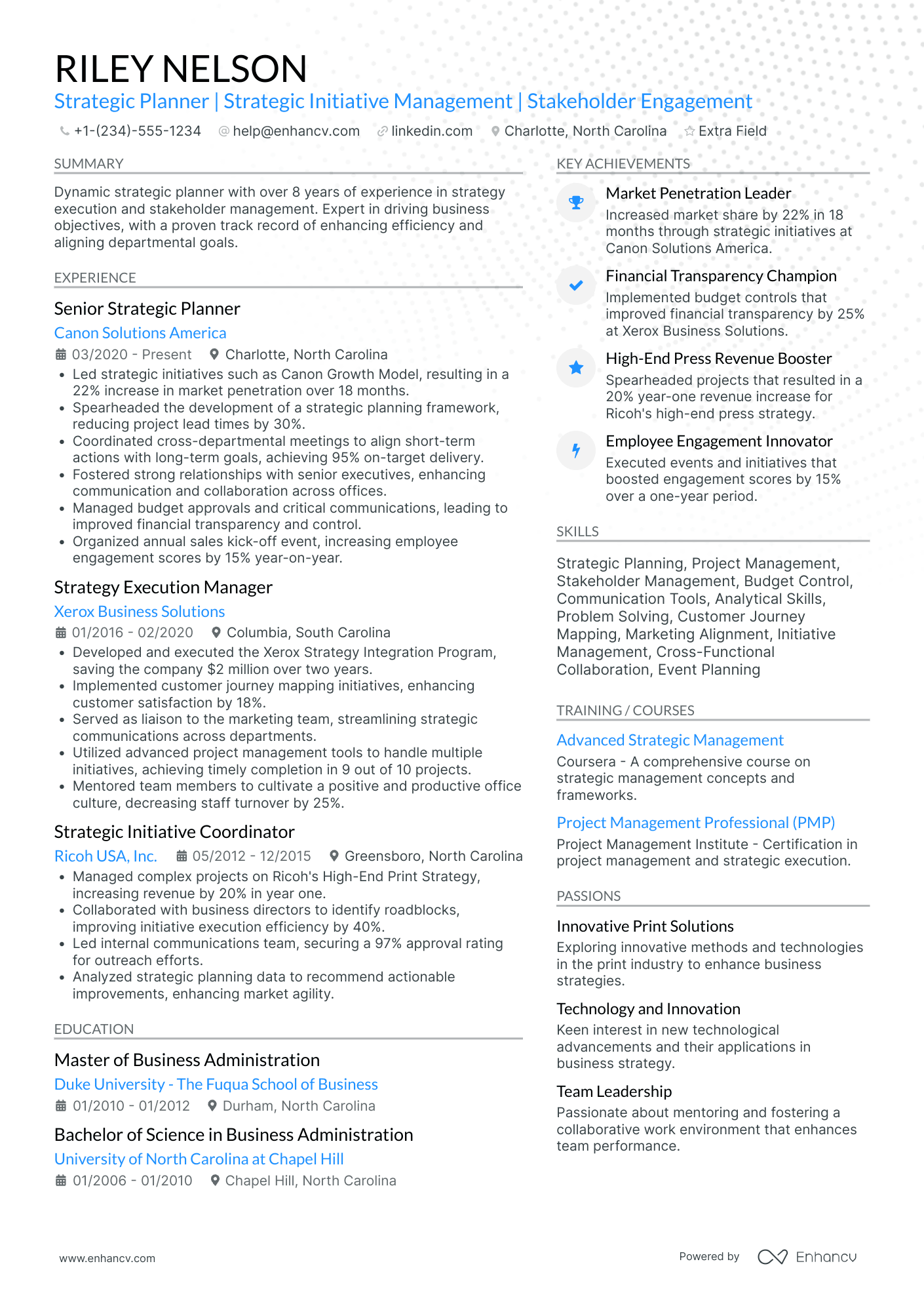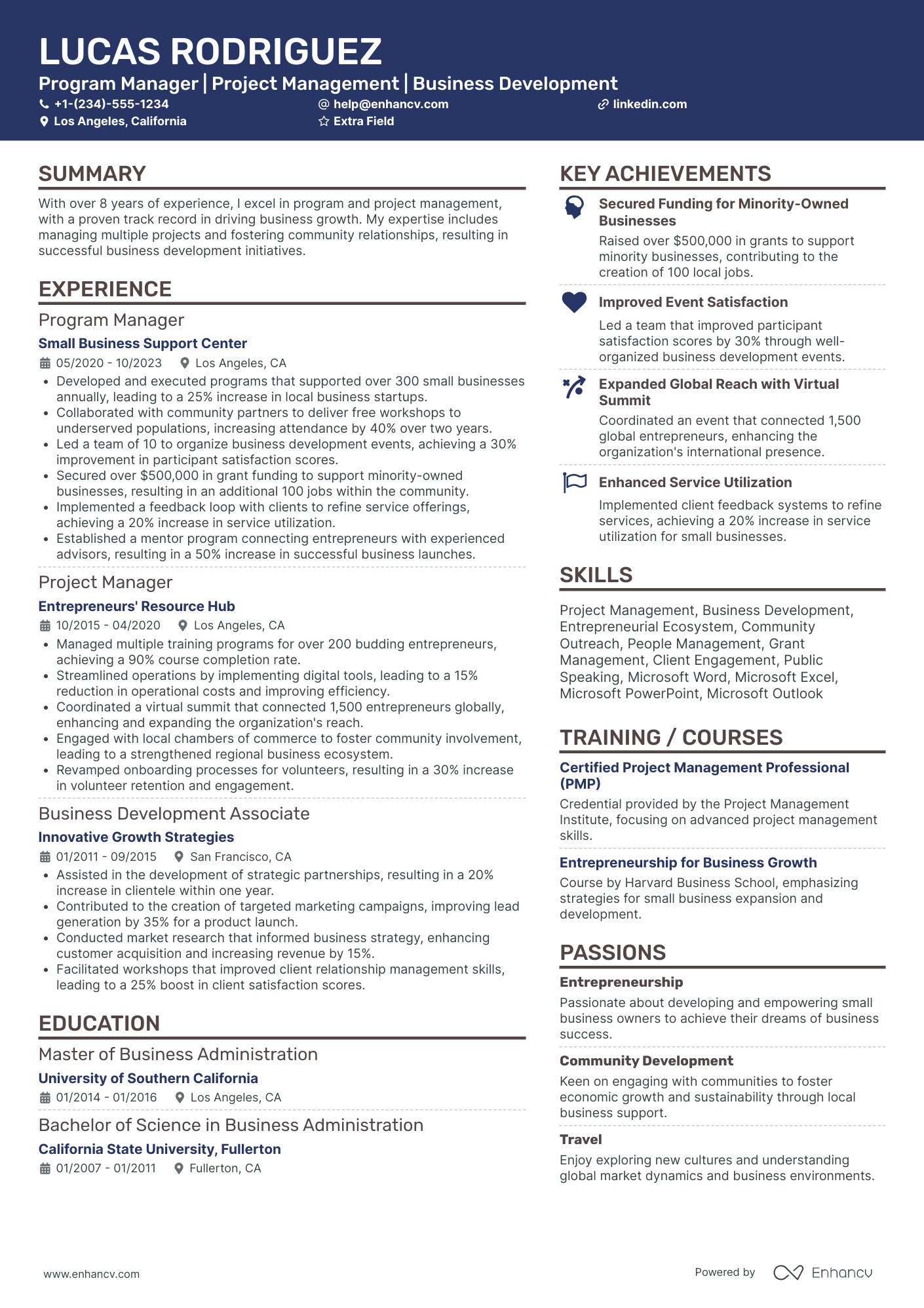Are you ready to elevate your career with an MBA degree?
You’re not alone—thousands of ambitious professionals share your goal. However, getting admitted isn’t a walk in the park. Admission committees are selective, often turning away candidates with impressive resumes if they fail to make an impact. You need to not only excel academically but also align perfectly with their program’s mission.
With so much competition, having an exceptional resume is essential. It’s your primary tool for showcasing your unique skills and passion for public service. This guide will help you craft a compelling MBA resume that paves the way for your success.
Key takeaways
- Use the reverse chronological format and a traditional template to ensure your resume meets academic standards and is easy to read.
- Underline how your past achievements show your ability to drive change and add value to the business world.
- Customize your resume to reflect how your unique career goals and experiences reflect the MBA program’s focus.
- Use metrics to quantify your accomplishments, making your impact verifiable and compelling to admission committees.
- Integrate your hard and soft skills into your resume’s summary and experience sections to add more weight to your expertise.
- Include relevant additional sections like publications or a portfolio only if they support your application.
As you prepare for your MBA application, let’s delve into a practical resume example to guide you.
MBA resume sample
Based on historical data and proven success factors, this free MBA sample resume illustrates the most effective way to present your qualifications. Feel free to download it and make adjustments with Enhancv’s resume builder.
Melissa O'Brian
Project Manager
melissa.obrian@email.com @linkedin.com/melissa-obrian New York, NY
Summary
Dynamic and results-oriented professional with 5 years of experience in project management and nonprofit sector leadership. Demonstrated ability to drive strategic initiatives, lead cross-functional teams, and enhance organizational efficiency. Proven track record of impactful contributions and a passion for public service. Seeking to leverage my background and skills in the MBA program to advance my career in strategic management and community development.
Experience
Project Manager
Global Impact Solutions, New York, NY
June 2021 – Present
- Lead a team of 10 in the successful execution of community outreach programs, increasing engagement by 40%.
- Develop and manage project budgets totaling over $500,000, ensuring efficient allocation of resources.
- Coordinate with stakeholders to align project goals with organizational mission and strategy.
Program Coordinator
New Horizons Foundation, New York, NY
August 2018 – May 2021
- Organized and executed educational workshops for underserved communities, reaching over 1,000 participants.
- Implemented a new tracking system that improved data accuracy by 30%.
- Collaborated with external partners to secure funding and resources for program expansion.
Education
Bachelor of Arts in Public Administration
New York University, New York, NY
Graduated: May 2018
- Graduated with Honors
- Relevant coursework: Organizational Behavior, Public Policy Analysis, Financial Management
Certifications
- Project Management Professional (PMP)
- Certified Nonprofit Professional (CNP)
Skills
- Project Management
- Strategic Planning
- Budgeting and Financial Analysis
- Stakeholder Engagement
- Data Analysis
Languages
- English (Native)
- Spanish (Conversational)
If you want to learn more about crafting your MBA resume, this guide has everything you need.
How to format an MBA application resume
US universities typically prefer the reverse chronological format because it demonstrates your career trajectory and recent achievements. Plus, it makes it easier for ATS to scan and prioritize your resume.
Since ATS often verifies candidate details like higher education and PAN and Aadhaar for authenticity, including accurate information and relevant keywords can help ensure your resume passes initial screenings.
Ensure the resume sections are organized as follows:
- Header
- Summary
- Professional Experience
- Education & Certifications
- Skills & Areas of Expertise
- Special Achievements
Before we explore the format specifics, it’s crucial to note that each institution may have its own resume standards, so MBA applicants should adhere to those guidelines.
Design tips
- Use standard margins (0.5-1") to keep the resume clean and readable.
- Opt for a single-column layout, often preferred in academia, because it provides a clear and organized structure that's consistent and easy to follow.
- Stick to traditional fonts (10-12 pt) and a black-and-white palette for a professional appearance.
- Aim for a one-page resume to demonstrate efficiency, as other application documents, such as your personal statement and recommendation letters, will provide additional support and context.
Contact information
- Include your name, phone number, and professional email in the header.
- Use a job title that mentions your current position, preferably corresponding to the MBA program’s focus. You can also add a resume headline tailored to the program description and drawing attention to your key strengths.
- Add a LinkedIn profile link to emphasize your professional network and accomplishments.
- Omit a photo to better focus on your qualifications and avoid potential biases.
File format
- Name your file clearly (e.g., "JordanSmithMBA_Resume.pdf").
- Save your resume as a PDF unless the job posting requests a different format.
Test your current resume with our free resume checker, which evaluates it across 5 different categories.
Is your resume good enough?
Drop your resume here or choose a file. PDF & DOCX only. Max 2MB file size.
Next, let’s tackle the necessary resume sections one by one, starting with the most prominent one—your work experience.
How to write your MBA resume experience
When crafting the experience section of your MBA resume, prioritize your professional history over education if you have more than two years of work experience. Admission committees review countless resumes, so placing your most relevant experiences at the top ensures they see your strongest qualifications first.
Select and list your most significant roles in reverse chronological order, focusing on positions where you made a substantial impact. Add 3-5 bullet points for each role, using the S.T.A.R. method (Situation, Task, Action, Result) as follows:
- Start each bullet point with an action verb and list your most significant successes first. University evaluators often skim resumes, so place your strongest accomplishments at the top to grab their attention.
- Highlight your leadership and interpersonal skills in each role.
- Quantify your achievements with solid numbers and precise data to make your claims more credible and clearly showcase your qualifications.
Most importantly, to make your resume more impactful and relevant, present your experience in a way that aligns with the specific demands of the MBA program.
Targeting your MBA resume experience
A targeted resume for MBA applicants is one that’s specifically customized to the requirements and focus areas of the MBA program you’re applying to. This means you should underscore experiences, skills, and achievements that match the program's values and objectives.
Here’s what else you should consider:
- Emphasize skills and accomplishments related to the MBA program’s focus, such as strategic thinking, or industry-specific expertise.
- Incorporate keywords and phrases from the MBA program’s description and mission statement to ensure your resume resonates with what the admissions committee is looking for.
- Use a format and language that cater to the expectations of the MBA program, avoiding unnecessary jargon and focusing on clarity and impact instead.
Let’s look at a real-world MBA program description, which we’ll then use to craft a targeted experience section entry.
Full-Time MBA Student at Chicago Booth
Our top-ranked MBA program is the destination for ambitious, intellectually curious professionals—bold leaders who want to advance in their careers and earn an MBA degree from the world’s leading academic business school.
Each year Chicago Booth's Full-Time MBA Program looks to build a class of future business leaders that will make a positive impact on the world around us. Placing an emphasis on diversity of thought, background, and career objectives, we attract ambitious, supportive, and intellectually curious professionals.
Post-Booth career impact
At its most basic level, The Chicago Approach teaches students how to think not what to think, building business foundations and analytical tools needed for the jobs of today and tomorrow.
Undergraduate majors represented
Our MBA program attracts students from all academic backgrounds, including areas like education, political science, psychology, engineering, and yes, business, too. Our environment allows you to self-select into courses and experiences based on your interests while building critical leadership skills that are transferable across any industry.
Enrollment statistics (2024)
Average GPA: 3.6
Average GMAT: 729
Average work experience: 5 years
Most popular undergraduate degrees: business, economics, engineering
Top 5 industries represented: consulting, financial services, technology, NGO, healthcare
Now, discover how a tailored experience entry can look:
- •Directed a team of 15 to successfully implement a new project management system, resulting in a 30% increase in project efficiency.
- •Managed a portfolio of projects worth over $2 million, consistently delivering results on time and under budget by 10%.
- •Developed and executed a strategic plan that increased client engagement by 50% and expanded market reach by 20%.
- •Conducted data analysis that identified key market trends, leading to a 25% increase in product sales.
- •Designed and launched a targeted marketing campaign that boosted brand awareness by 40% within six months.
- •Collaborated with cross-functional teams to develop innovative solutions, resulting in a 15% improvement in customer satisfaction scores.
Here are the key points of this impressive resume section:
- It clearly reflects the roles and responsibilities valued by the particular MBA program.
- The experience section integrates relevant keywords from the MBA program’s description to increase the resume ATS score and appeal to the admissions committee.
- Metrics such as percentages and dollar amounts illustrate the impact of the applicant’s work.
Speaking of metrics, below we’ll provide you with some more tips on how to measure your work accomplishments on a resume.
How to quantify your experience on an MBA resume
Using numbers and results on an MBA resume makes your qualifications more credible and compelling. To quantify them properly, use specific metrics to showcase your contributions tangibly.
Look at the following examples of quantified impact:
- Increased sales revenue by 20% within six months through targeted marketing strategies.
- Managed a team of 10, leading to a 30% improvement in project delivery times.
- Reduced operational costs by $150,000 annually through process optimization.
- Oversaw a $2 million budget, achieving 10% savings through efficient financial management.
- Boosted customer satisfaction scores by 15 points through enhanced service delivery initiatives.
Maximizing MBA Value: Starting Salaries and Industry Variations
According to an MBA.com study, graduates from top-ranked MBA programs, such as Stanford and Harvard, often secure impressive starting salaries averaging $175,000. Salaries vary by industry, with tech roles at about $128,000, finance at $138,000, and consulting surpassing $140,000. Notably, in 2026, top consulting firms like McKinsey and Bain have boosted their starting salaries to $192,000, highlighting the lucrative potential of a top MBA.
To achieve those impressive starting earnings, you should first secure your admission. Given that top institutions place significant emphasis on personal skills, let’s explore which skills you should put on your MBA resume to enhance your chances of getting accepted.
How to list your skills on an MBA resume
For an MBA resume, you can create a dedicated skills section, but it's not a requirement. Given the diverse backgrounds of applicants and the lack of a universally applicable skill set, a more efficient approach might be better. You can integrate your hard skills into the summary and experience sections, spotlighting them through specific results and achievements.
Here are the most useful hard skills you can emphasize on your resume.
Best hard skills for your MBA resume
- Microsoft Excel
- SQL
- Python
- R
- Tableau
- Power BI
- SAP
- Salesforce
- PowerPoint
- Microsoft Word
- Google Analytics
- SAS
- SPSS
- MATLAB
- Java
- HTML/CSS
- Adobe Analytics
- AWS
- Google Cloud Platform
- QuickBooks
When deciding which soft skills to add, focus on those that reflect the program’s emphasis on leadership and management. Underline your teamwork, strategic thinking, and decision-making through your experience and summary sections. Remember to mention their impact on your professional growth.
Here are some more examples you might want to consider for your resume:
Best soft skills for your MBA resume
- Teamwork
- Communication
- Problem-solving
- Critical thinking
- Time management
- Adaptability
- Conflict resolution
- Negotiation
- Strategic planning
- Interpersonal skills
- Project management
- Creativity
- Emotional intelligence
- Collaboration
- Influence
- Networking
- Presentation skills
- Mentoring
Skills are important, but MBA programs also require specific educational qualifications for admission. See how to effectively list your educational background on your resume below.
How to list education and certifications on an MBA resume
When applying to an MBA program, ensure your resume has a clear education section, mentioning:
- Degree or field of study
- University/college name and location
- Graduation date
- GPA (if 3.5 or higher)
- Relevant coursework
If your work experience is limited, you can leverage your application with a strong education section. Focus on significant awards or formal recognitions from your academic career, and avoid including high school achievements or irrelevant activities.
PRO TIP
To distinguish yourself in Harvard or other prestigious MBA applications, your resume needs to be meticulously crafted. Given that Harvard's median GMAT score is 730, prominently feature your GMAT or GRE score in your education section, using bold font and a clear layout.
Here’s how the education section should look if you’re applying to the MBA program at Chicago Booth:
- •Graduated with Honors, specializing in econometrics and market analysis.
- •Completed a senior thesis on financial market trends, which was recognized at the university’s annual research conference.
If you want to further emphasize your specialized knowledge, listing any relevant certifications you have can be valuable. Here are some that can help you stand out in case they align well with the target program description.
Top certifications for your MBA resume
After featuring relevant certifications, it's essential to tie your qualifications together with a strong summary that encapsulates your unique value and career objectives.
Resume summary for MBA applicants
The MBA resume summary is a critical section that should succinctly convey your professional identity, key achievements, and career goals.
When writing it, consider the following guidelines:
- Begin with your professional title and years of experience in business leadership.
- Incorporate key skills and experiences that are tailored to the MBA program’s focus, and clearly articulate how you intend to leverage the MBA for your future goals.
- Focus on what makes you unique among applicants with similar backgrounds.
- Maintain a concise format with 3-5 impactful sentences, using dynamic adjectives to emphasize achievements, and avoiding the first-person perspective to keep the focus on your qualifications.
This summary tailors the candidate’s achievements and experience to fit perfectly with Chicago Booth’s focus on leadership in business. Connecting specific accomplishments with the program’s values, shows how the applicant is uniquely suited to contribute and thrive in this top-ranked MBA environment.
Optimize your resume summary and objective for ATS
Drop your resume here or choose a file.
PDF & DOCX only. Max 2MB file size.
Do you need additional sections on an MBA resume
While a well-rounded MBA resume can benefit from some additional sections, it's crucial to be strategic. More content is only effective if it adds real value to your application. Aim to insert sections that truly underscore your strengths without overwhelming the reader or seeming forced.
Below are some ideal options to include in your MBA resume:
- Publications: List articles, research papers, or reports you've authored to accentuate your thought leadership and expertise in your field.
- Projects: Detailing significant projects can illustrate your hands-on experience and problem-solving skills.
- Affiliations: Memberships in professional organizations can demonstrate your engagement with industry networks and your commitment to ongoing learning.
- Volunteering: Feature notable activities that underscore soft skills crucial for business success.
- Speaking engagements: List relevant conferences, workshops, or seminars you’ve spoken at, along with any significant contributions.
- Portfolio: Including a link to an online portfolio can be highly beneficial for MBA candidates with backgrounds in fields like project management, consulting, or creative industries.
- Languages: Proficiency in multiple languages can enhance your global business acumen.
In conclusion
To impress AdComs with your MBA resume, highlight how you intend to transform the business world and back it up with your current professional successes. Showcase your achievements and connect them with the program’s values to demonstrate your potential for making a significant impact.
MBA resume examples
By Experience
By Role


